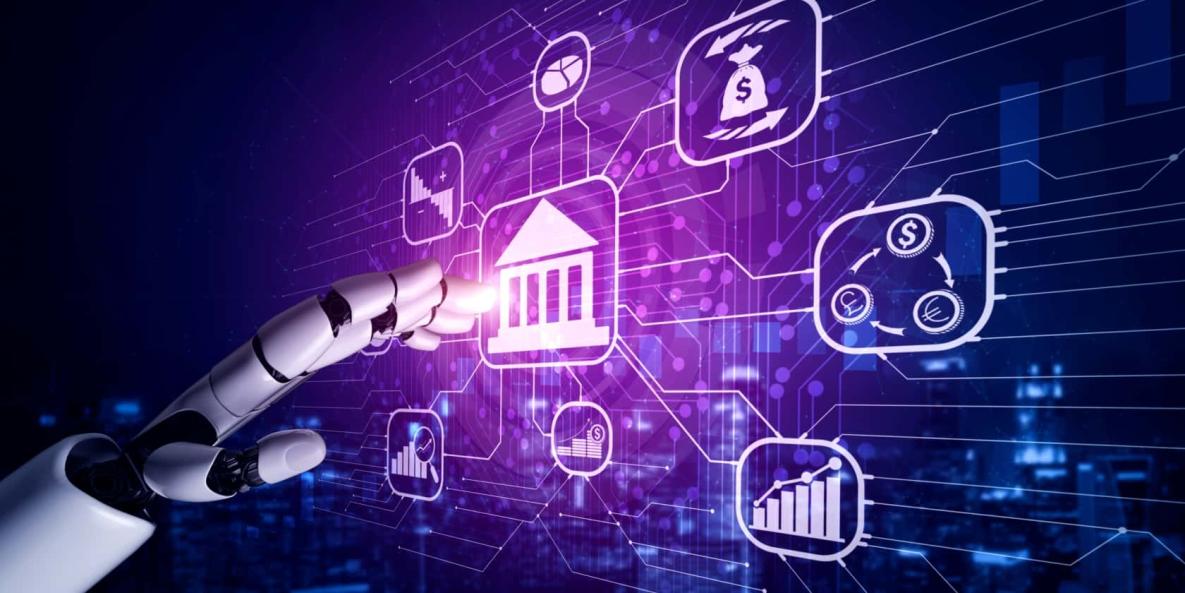How is AI Impacting the UAE's Healthcare System?
The United Arab Emirates (UAE) has a well-developed healthcare system that is rapidly adopting artificial intelligence (AI) to improve the quality, efficiency, and accessibility of healthcare services. This article explores the impact of AI on the UAE's healthcare system, highlighting key areas where AI is transforming healthcare delivery and patient care.

I. AI In Diagnosis And Treatment
- AI is being used to analyze large amounts of medical data, including electronic health records, lab results, and imaging studies, to identify patterns and insights that can aid in diagnosis and treatment.
- AI-powered diagnostic tools are being developed for diseases such as cancer, diabetes, and heart disease, enabling earlier and more accurate diagnosis.
- AI is also playing a role in developing personalized treatment plans, tailoring therapies to individual patients based on their unique genetic profile, medical history, and lifestyle.
II. AI In Medical Imaging
- AI is being used to analyze medical images such as X-rays, CT scans, and MRIs with remarkable accuracy and speed.
- AI algorithms can detect abnormalities and diseases in medical images that may be missed by the human eye, leading to improved diagnostic accuracy.
- AI can assist radiologists in making more informed decisions, reducing the time required for image interpretation and improving patient outcomes.
III. AI In Drug Discovery And Development
- AI is accelerating the process of drug discovery by analyzing vast databases of compounds and identifying potential drug targets and molecules.
- AI-powered platforms can simulate drug interactions and predict the efficacy and safety of new drugs, reducing the time and cost of drug development.
- AI is also being used in clinical trials and drug safety monitoring, ensuring the safety and effectiveness of new treatments.
IV. AI In Patient Care And Monitoring
- AI-powered wearable devices are being used to monitor vital signs, detect health issues, and provide real-time feedback to patients and healthcare providers.
- AI can analyze data from wearable devices to identify trends, predict potential health risks, and trigger timely interventions.
- AI is also enabling remote patient monitoring and telemedicine, allowing patients to receive care from the comfort of their homes.
V. AI In Healthcare Administration
- AI is being used to streamline administrative tasks in healthcare organizations, such as scheduling appointments, managing patient records, and processing insurance claims.
- AI can automate repetitive tasks, reduce paperwork, and improve the efficiency of healthcare operations.
- AI-powered systems can also analyze data to identify inefficiencies, optimize resource allocation, and improve the overall performance of healthcare organizations.
VI. Ethical And Regulatory Considerations
- The use of AI in healthcare raises ethical implications related to data privacy, bias, and accountability.
- Regulatory frameworks are being developed in the UAE to govern the use of AI in healthcare, ensuring that it is used responsibly and ethically.
- It is important to address these ethical and regulatory considerations to ensure that AI is used in a manner that benefits patients and society as a whole.
VII. Conclusion
AI is having a transformative impact on the UAE's healthcare system, improving the quality, efficiency, and accessibility of healthcare services. From aiding in diagnosis and treatment to streamlining administrative tasks, AI is revolutionizing the way healthcare is delivered and experienced. While there are ethical and regulatory challenges to address, the potential benefits of AI in healthcare are immense. As AI continues to advance, we can expect to see even greater innovations and improvements in the UAE's healthcare system, leading to better outcomes for patients and a healthier population.
YesNo

Leave a Reply